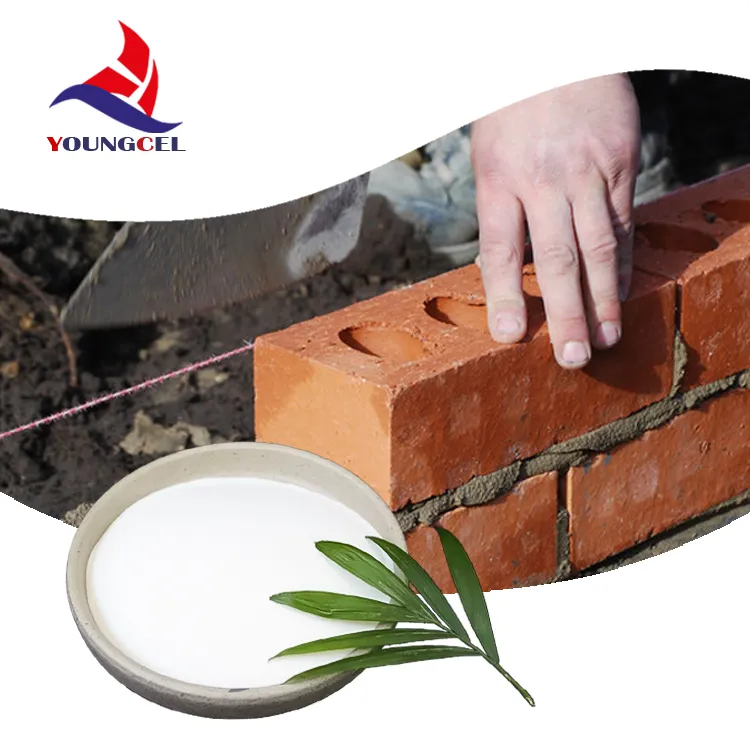Understanding Adhesive Chemicals The Key to Modern Bonding Solutions
Adhesive chemicals play a crucial role in various industries, serving as the backbone of many manufacturing and assembly processes. From construction to automotive manufacturing, adhesives provide seamless bonding solutions that enhance product durability, performance, and aesthetics. This article delves into the significance, types, and applications of adhesive chemicals, highlighting their transformative impacts on modern technology.
What are Adhesive Chemicals?
Adhesive chemicals are substances used to bind two surfaces together. They achieve this through various mechanisms, including mechanical interlocking, chemical bonding, or molecular attraction. The choice of adhesive depends on several factors, such as the materials to be bonded, environmental conditions, and specific performance requirements.
Types of Adhesive Chemicals
Adhesives are generally categorized into several types
1. Natural Adhesives Derived from biological sources, natural adhesives include substances like plant starch, animal collagen, and casein (milk protein). While they are eco-friendly and biodegradable, their applications are often limited due to environmental sensitivity and lower performance in comparison to synthetic options.
2. Synthetic Adhesives These adhesives are chemically engineered to provide superior bonding strength and durability. Common types include - Epoxy Known for its exceptional strength and resistance to heat and chemicals, epoxy adhesives are widely used in construction, automotive, and aerospace applications. - Polyurethane Flexible and versatile, polyurethane adhesives are ideal for bonding dissimilar materials, including wood, plastic, and metal. They often have excellent water and chemical resistance. - Acrylic Offering fast curing times and strong bonding properties, acrylic adhesives are favored in many structural applications and in the automotive industry.
3. Hot Melt Adhesives These thermoplastic adhesives are applied in a molten state and solidify upon cooling. They are popular in packaging, woodworking, and textiles due to their fast bonding capabilities.
4. Pressure-Sensitive Adhesives (PSA) These adhesives do not require a solvent or heat for application. They can be easily repositioned before setting, making them ideal for labels, tapes, and temporary bonds.
adhesive chemical

Applications of Adhesive Chemicals
Adhesive chemicals are ubiquitous, with applications spanning across numerous sectors
- Construction In the construction industry, adhesives are used for flooring, paneling, and roofing systems, contributing to energy efficiency and structural integrity.
- Automotive Modern vehicles rely on adhesives for bonding components, improving fuel efficiency, and reducing weight without compromising safety or structural strength. Adhesives also help in dampening vibrations, enhancing ride comfort.
- Aerospace High-performance adhesives are critical in aerospace applications, where they bond various materials such as composites, metals, and plastics to ensure lightweight structures and enhance fuel efficiency.
- Electronics Adhesives in electronic devices are used for encapsulating delicate components, providing electrical insulation, and securing substrates within devices.
- Medical Devices Adhesives play a vital role in the manufacturing of medical devices and equipment, offering reliable bonding solutions that ensure safety and effectiveness.
The Future of Adhesive Chemicals
With advancements in technology and increased environmental awareness, the future of adhesive chemicals looks promising. Innovations such as bio-based adhesives, which utilize renewable resources, are gaining traction in various industries. Moreover, the push for sustainable practices is driving research into water-based adhesives that minimize harmful emissions and environmental impact.
In conclusion, adhesive chemicals are a fundamental component of modern manufacturing and product assembly, providing versatile bonding solutions across multiple industries. As technology continues to advance, the development of new adhesive formulations will likely enhance performance, efficiency, and sustainability, thereby solidifying the importance of adhesives in our daily lives and the industries that shape our world.
-
The Application and Significance of Construction RdpNewsMay.19,2025
-
Industrial Grade HpmcNewsMay.19,2025
-
Building Coating Adhesive Building Coating Adhesive HpmcNewsMay.19,2025
-
Application Of Hpmc For Detergent For Detergent In DetergentsNewsMay.19,2025
-
Application Of Hpmc Cellulose In Cement-Based MaterialsNewsMay.19,2025
-
Application Of High Quality Hpmc For Construction In The Field Of ConstructionNewsMay.19,2025




